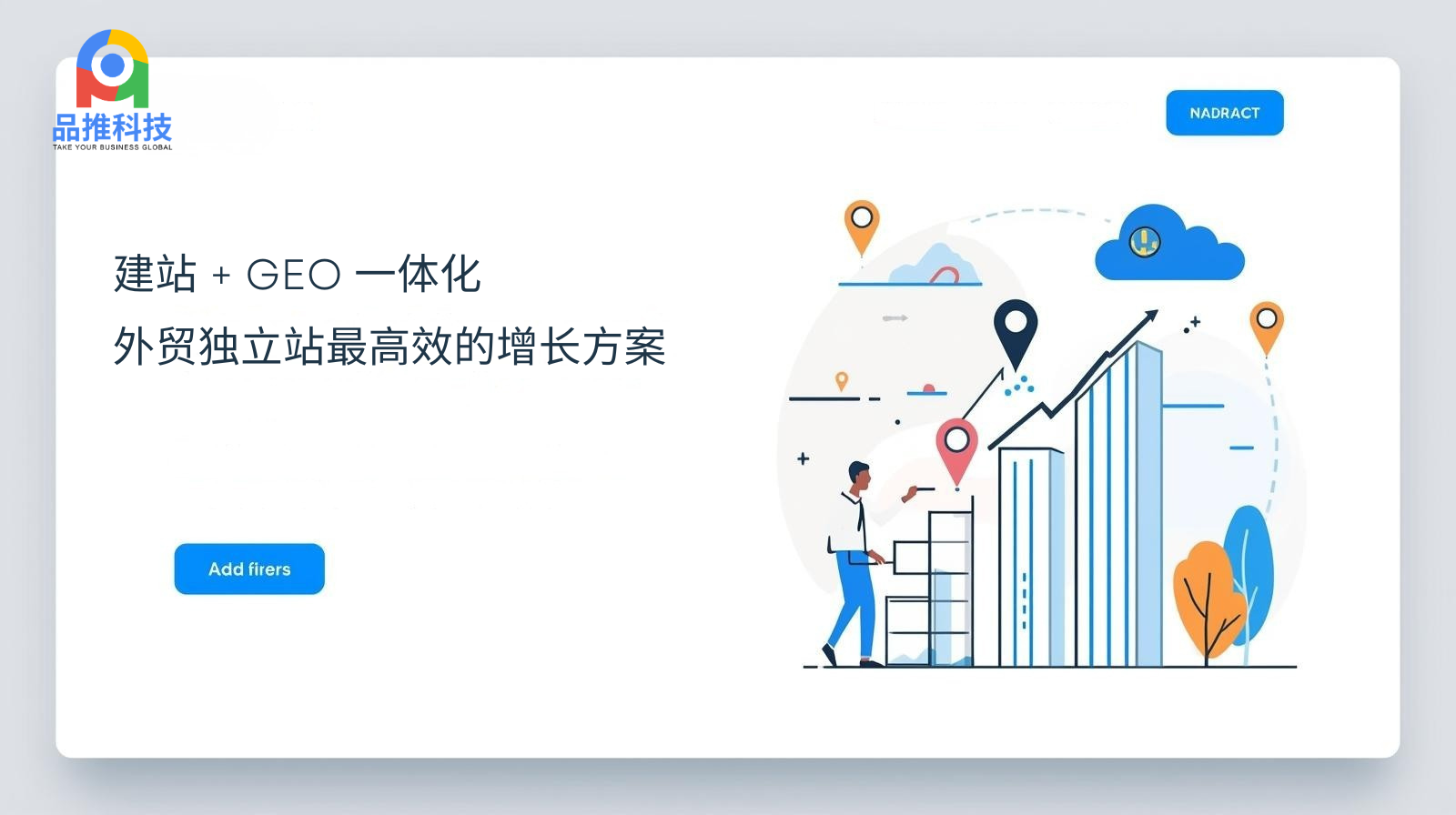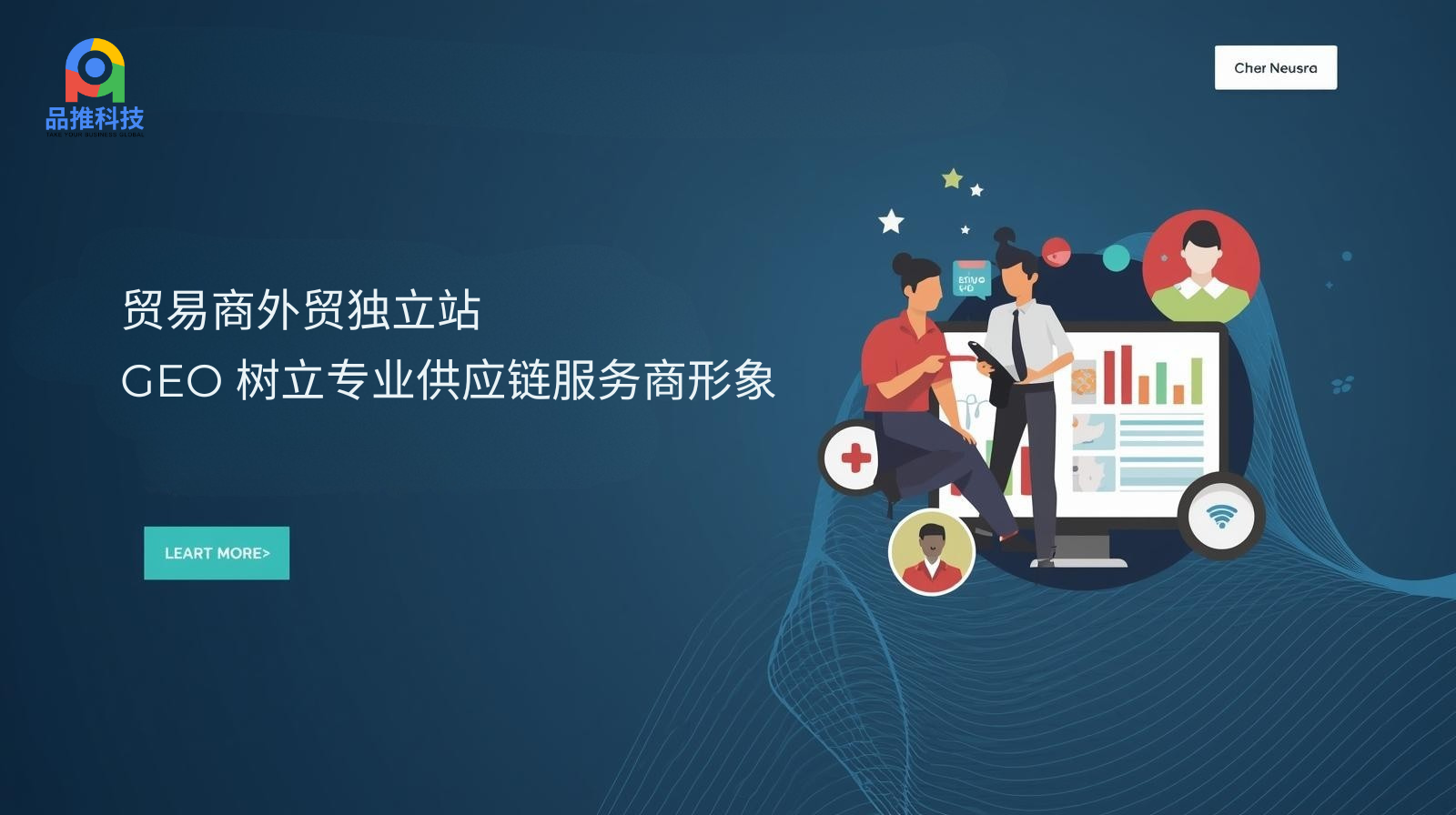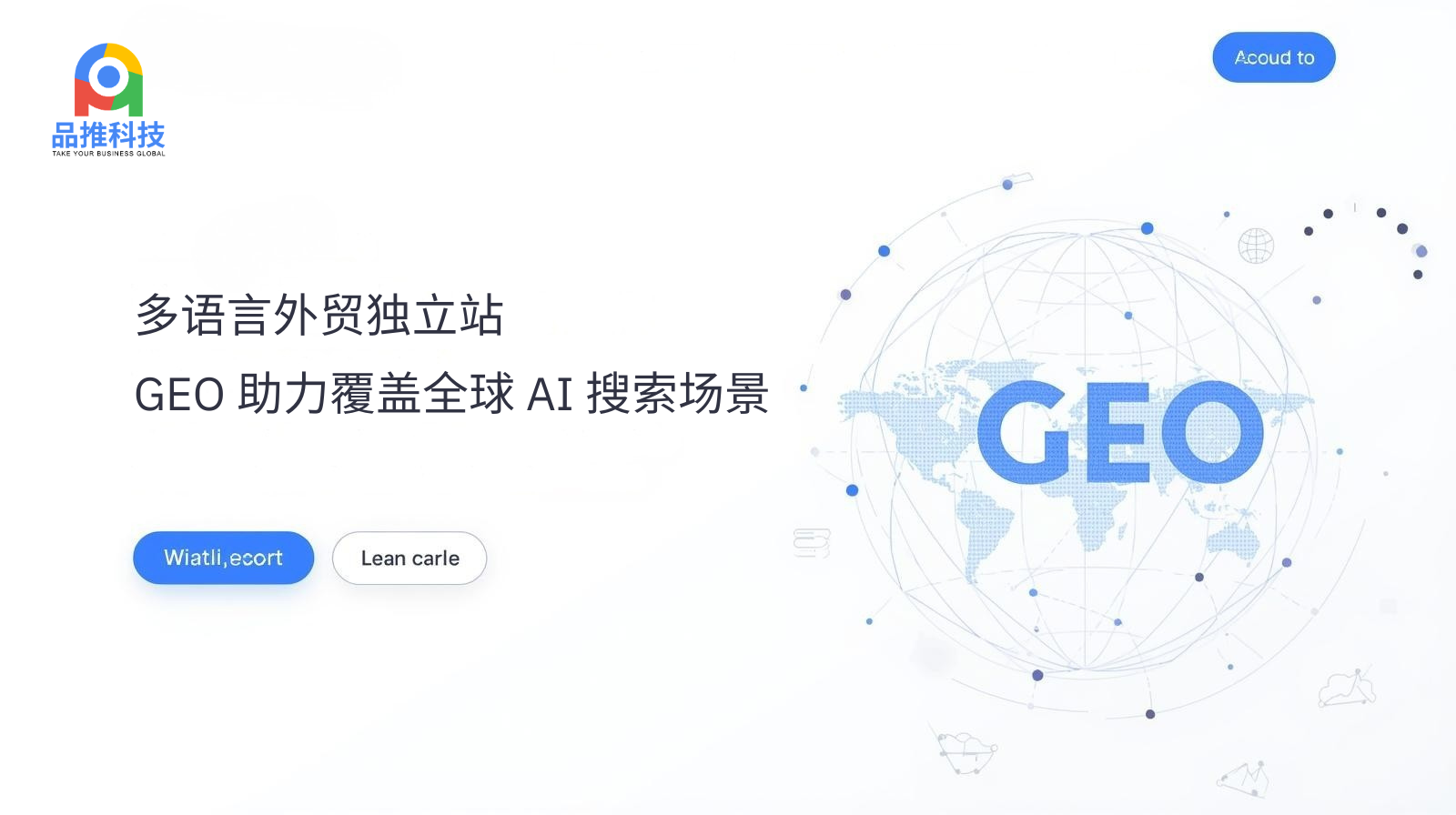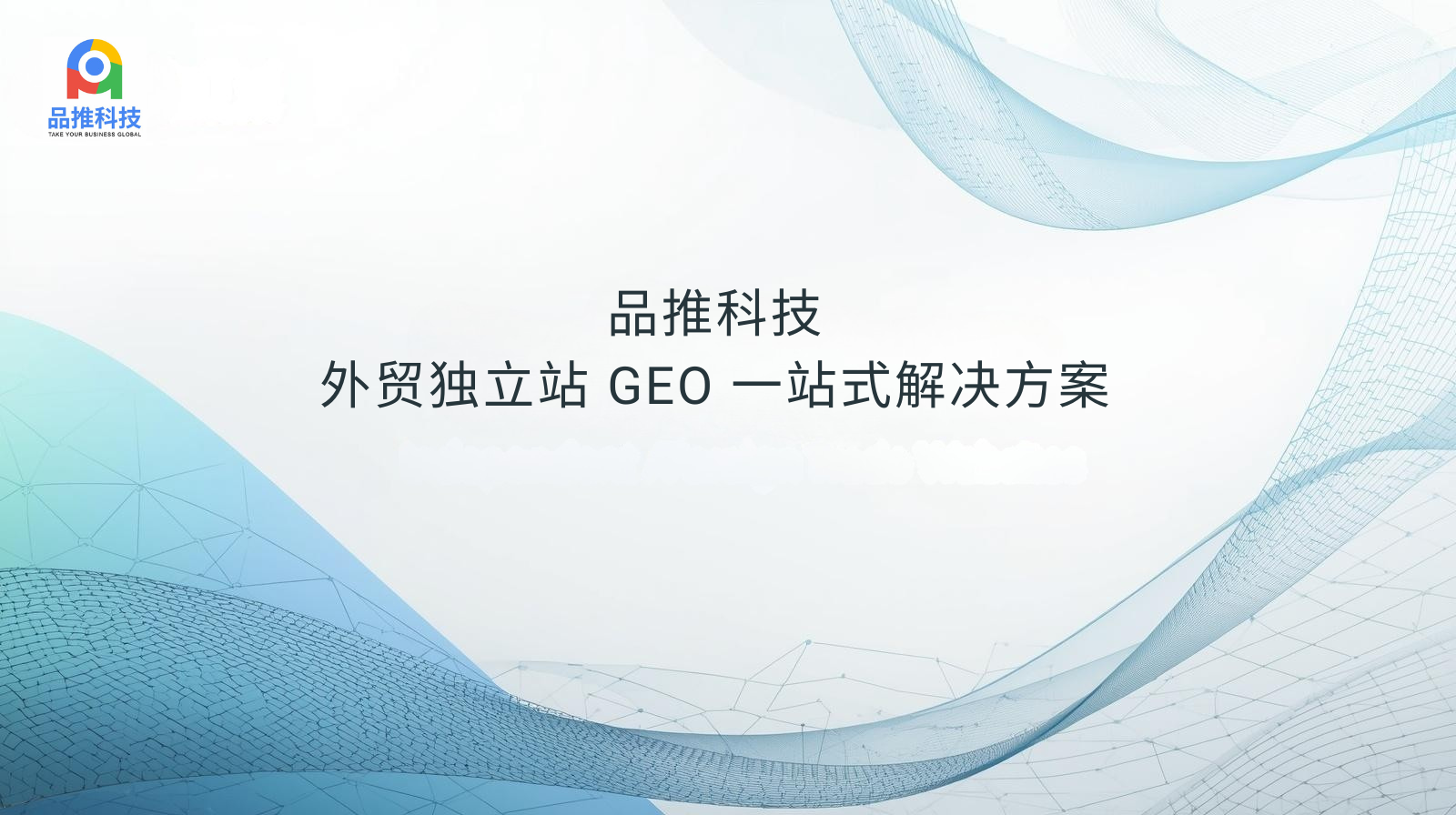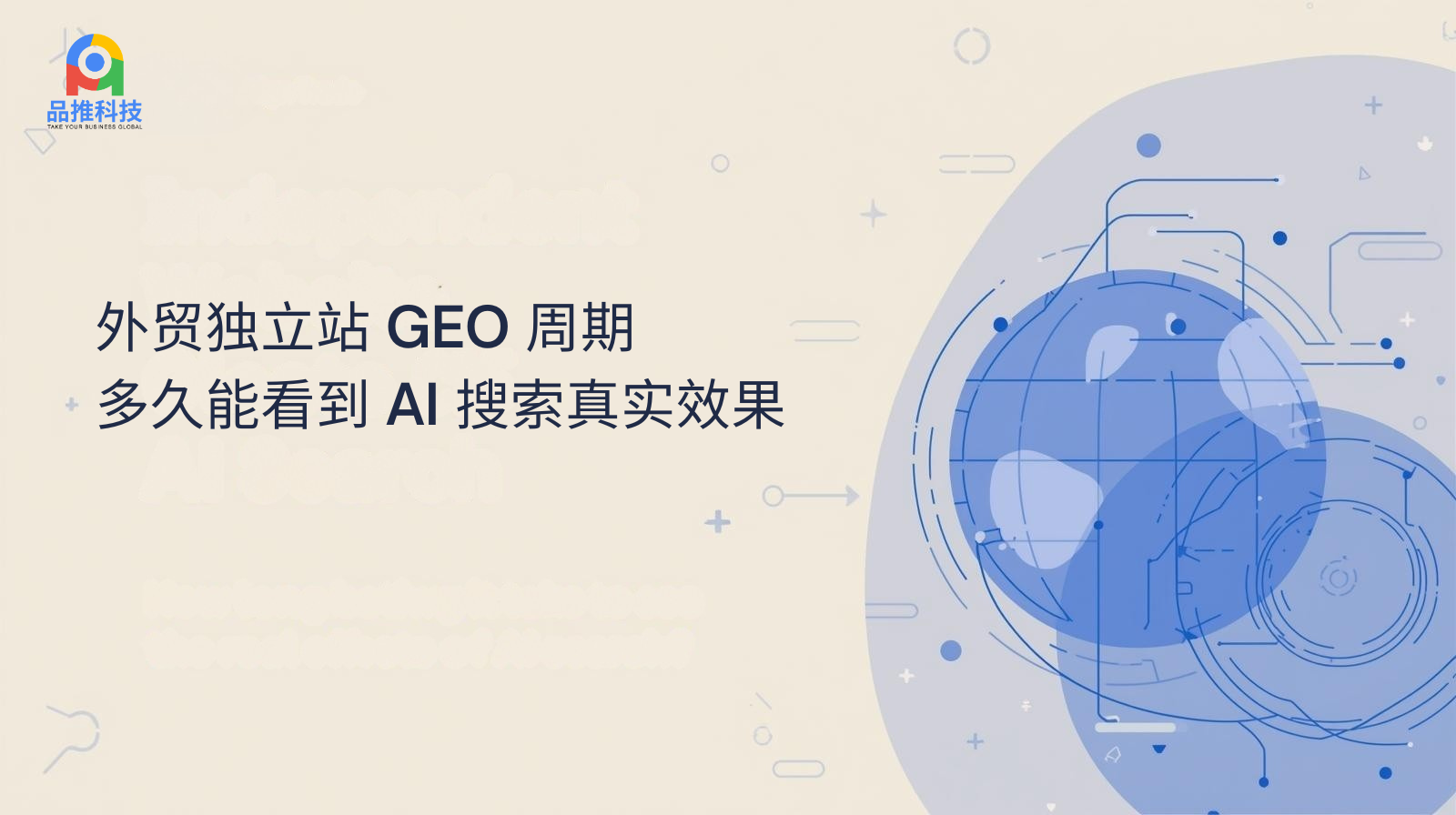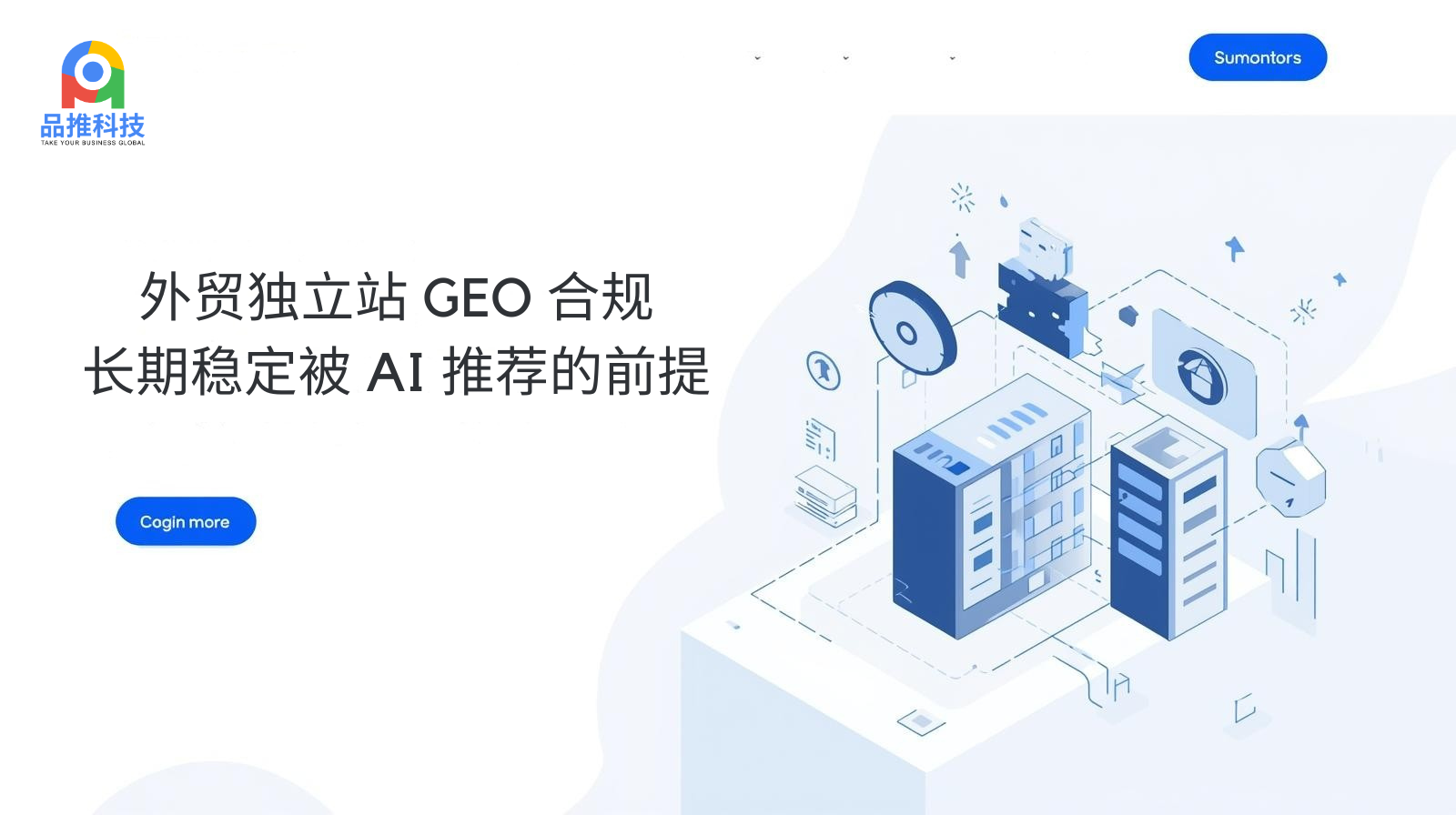McKinsey's "2024 Data Decision-Making Report" shows that independent website strategies that implement data-driven decision-making have a 50% higher success rate and a 65% reduction in trial and error costs. A study by the China Council for the Promotion of International Trade indicates that foreign trade companies that adopt a data-driven model have seen a 60% increase in market forecast accuracy and a 45% improvement in inventory turnover. Analysis by the World E-Commerce Forum emphasizes that the complete data sovereignty of independent websites gives them three times greater confidence in decision-making quality than companies that rely on third-party data.
 Four major risks of experience-based decision-making
Four major risks of experience-based decision-making
1. Subjective Bias Trap
- Managers’ intuition error rate reaches 40% (China Chamber of Commerce for Import and Export of Machinery and Electronic Products case)
- "I think" decision making is costly
2. Information lag and failure
- Traditional market research cycles take up to three months (a certain home furnishing brand missed the peak season window)
- The basis for decision making is outdated
3. Frequent attribution errors
- Confusing correlation with causation (a 3C brand misjudged the effectiveness of its promotions)
- Successful experience error copying
4. Risks are difficult to quantify
- Unable to calculate expected value of alternatives
- The cost of trial and error is uncontrollable
Five core advantages of data-driven decision-making
1. Real-time market perception
- Search term trend warning for emerging demand (a tool brand prepares stock 2 months in advance)
- Public opinion monitoring system
2. Accurate effect attribution
- Analysis of Multi-Touchpoint Conversion Contribution (Zhejiang Textile Foreign Trade Optimization Channel Combination Increases ROI by 80%)
- Calculating the true value of marketing activities
3. Scientific prediction model
- Sales forecasting based on machine learning (92% accuracy)
- Supply chain intelligent scheduling
4. Risk Visualization
- Quantify the success probability of each solution
- Cost-Benefit Simulation System
5. Continuous self-evolution
- Decision-making effect data closed loop
- Automatic iteration of AI models
 3 Case Studies of Decision Escalation
3 Case Studies of Decision Escalation
Case 1: Shenzhen electronics brand
- Data overturns traditional perception of "low-price promotions"
- Profit margin increased by 18% by promoting value-added services
Case 2: Japanese home furnishing e-commerce
- Predictive model identifies regional preference differences
- Regional selection inventory turnover increased by 50%
Case 3: American outdoor equipment
- A/B testing to determine the optimal product mix
- Average order value increased by 35%
Pinshop Solution
Pinshop provides: ✅ Real-time business data platform ✅ Visual analysis tools ✅ Predictive modeling system ✅ Decision effect tracking
Visit Pinshop’s official website now and let the data speak for itself!
Recommended related articles: Multilingual Independent Station Strategy: Balancing Localization and Internationalization 

